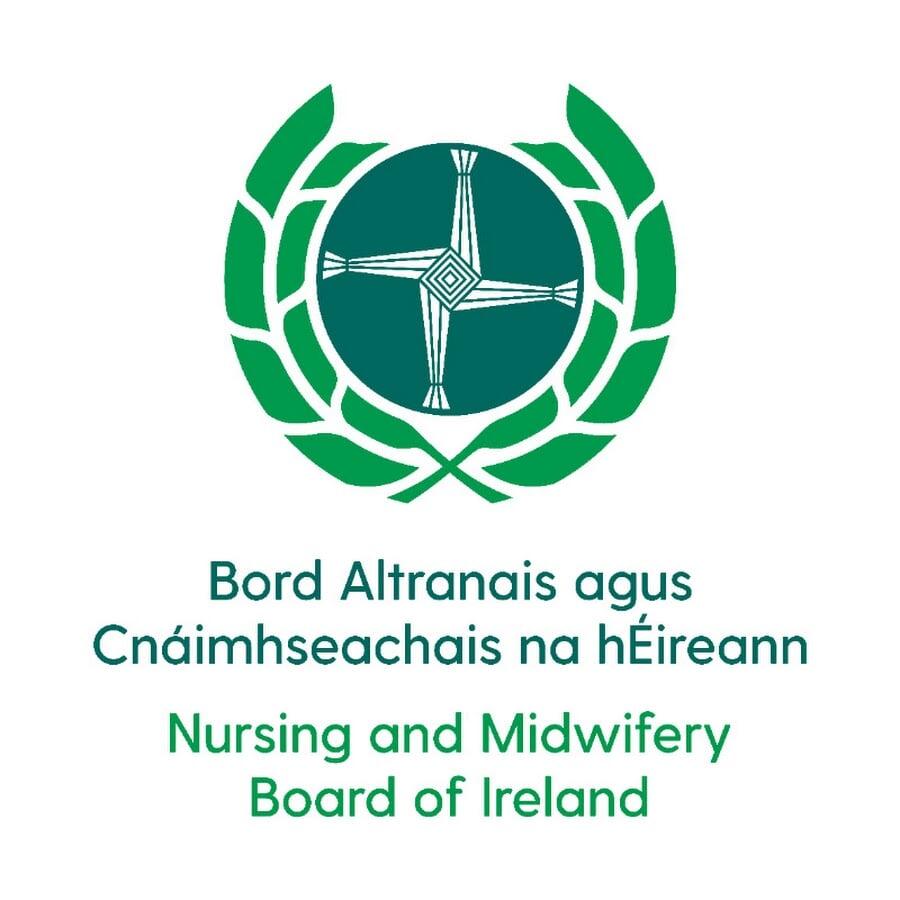
Ireland has emerged as a prime destination for European registered nurses, offering a robust healthcare system and a welcoming work environment. The Health Service Executive (HSE) is Ireland’s public healthcare provider, known for its commitment to delivering high-quality care across the country. European nurses play a critical role in sustaining and enhancing Ireland’s healthcare services, bringing diverse skills and experience to the table. This article explores the various opportunities Ireland offers to European registered nurses, from competitive salaries and career advancement to cultural integration and the impact of Brexit.
Demand for Nurses in Ireland
Ireland, like many other European countries, is facing a nursing shortage, driven by an aging population and increasing healthcare demands. The HSE and private healthcare providers are actively recruiting nurses from across Europe to help fill this gap. The contribution of European nurses is vital in maintaining the high standards of care expected in Ireland. For those considering a move, Ireland presents a promising landscape with numerous job openings and a welcoming attitude toward skilled healthcare professionals.
Nursing Salaries and Benefits in Ireland
One of the key attractions for European nurses in Ireland is the competitive salary structure. Irish nurses are compensated according to national pay scales, which are regularly reviewed and adjusted. In addition to base salaries, nurses in Ireland enjoy a range of financial benefits, including overtime pay, allowances for unsocial hours, and a comprehensive pension scheme. Compared to other European countries, Ireland’s nursing salaries are competitive, particularly when coupled with the opportunities for career growth and advancement.
Career Advancement in Nursing in Ireland
Ireland offers extensive opportunities for career advancement in nursing. Nurses can choose to specialize in various fields, such as oncology, pediatric nursing, mental health, and more. The HSE provides numerous opportunities for further training and education, supporting nurses in gaining additional qualifications and expertise. Career progression pathways are well-defined, allowing nurses to advance into leadership roles, advanced practice positions, or even academic and research-focused careers.
Work-Life Balance and Employment Flexibility
Work-life balance is a significant consideration for nurses, and Ireland offers a range of options to help nurses maintain this balance. Standard working hours are complemented by flexible working arrangements, including part-time work, job-sharing, and shift work. The Irish healthcare system also supports family-friendly policies, such as generous maternity leave, parental leave, and options for part-time work post-return. These policies are designed to ensure that nurses can balance their professional responsibilities with personal and family commitments.
Cultural Integration and Diversity in Ireland
Ireland is known for its warm and welcoming culture, which extends to its healthcare settings. European nurses will find a supportive environment where diversity is embraced. Many hospitals and healthcare facilities provide resources to help international nurses settle in, including language support and cultural orientation programs. The multicultural work environment not only enriches the workplace but also enhances the overall healthcare experience for patients.
Educational and Training Opportunities
For nurses looking to further their education, Ireland offers a wealth of opportunities. The HSE and other healthcare institutions provide access to postgraduate courses, specialist training programs, and government-sponsored educational initiatives. These programs are designed to equip nurses with the skills needed to meet the evolving demands of the healthcare sector. Additionally, Ireland’s universities and educational institutions offer opportunities for nurses to engage in research, pursue academic qualifications, and contribute to the advancement of nursing knowledge.
Visa and Immigration Support for EU Nurses
Post-Brexit, Ireland remains an attractive destination for European nurses, with relatively straightforward visa and immigration processes for EU nationals. EU nurses do not require a visa to work in Ireland; however, they must ensure they have the necessary employment permits and residency status. Ireland also offers support for family reunification, allowing nurses to bring their dependents with them. The government provides clear guidelines and resources to help nurses navigate the immigration process smoothly.
Registration and Licensing in Ireland
To practice as a nurse in Ireland, European nurses must register with the Nursing and Midwifery Board of Ireland (NMBI). The registration process involves providing proof of qualifications, professional experience, and meeting English language proficiency requirements. The NMBI offers resources and guidance to help nurses through the registration process, ensuring that they meet all necessary criteria to practice in Ireland. While the process can be detailed, it is designed to uphold high standards of nursing care in Ireland.
Working Conditions and Support in Ireland
Ireland’s healthcare system places a strong emphasis on maintaining favorable working conditions for nurses. This includes manageable nurse-to-patient ratios, which are crucial for delivering high-quality care without overburdening staff. Additionally, nurses in Ireland benefit from collaborative working environments, where support from healthcare assistants, colleagues, and management is readily available. The HSE also prioritizes workplace safety and provides resources for mental health and well-being, ensuring that nurses have the support they need to perform their duties effectively.
Cost of Living in Ireland
The cost of living in Ireland is an important consideration for nurses moving from other European countries. Living expenses, particularly housing costs, can vary significantly depending on the region, with Dublin and other urban centers generally being more expensive than rural areas. However, Ireland offers a high quality of life, with a good standard of public services, healthcare, and education. Many employers provide relocation assistance, including help with finding affordable housing, making the transition smoother for incoming nurses.
Social Life and Integration in Irish Communities
Ireland is known for its rich cultural heritage and vibrant community life. European nurses moving to Ireland will find it easy to integrate into local communities, thanks to the country’s friendly and open nature. There are also active social networks and professional groups that help international nurses connect with others and build a support system. Ireland’s diverse cultural offerings, from music and arts to festivals and historical sites, provide plenty of opportunities for nurses to explore and enjoy their new surroundings.
Impact of Brexit on Nursing in Ireland
Brexit has had a significant impact on the relationship between the UK and the EU, but Ireland has managed to maintain strong ties with European nations. For European nurses, Ireland remains an attractive option, offering stability and continuity in a post-Brexit environment. The Irish government has taken steps to ensure that healthcare recruitment remains robust and that EU nurses continue to find Ireland a welcoming and rewarding place to work. The long-term outlook for European nurses in Ireland remains positive, with ongoing opportunities for career growth and stability.
Frequently Asked Questions (FAQs)
1. What is the process of becoming a registered nurse in Ireland for EU citizens?
To become a registered nurse in Ireland, EU citizens must register with the NMBI, which involves providing proof of qualifications, professional experience, and meeting language requirements.
2. What are the main benefits for EU nurses working in Ireland?
EU nurses in Ireland benefit from competitive salaries, opportunities for career progression, a supportive work environment, and access to further education and training.
3. How does Ireland support the professional development of EU nurses?
Ireland supports professional development through CPD programs, funding for advanced education, and clear pathways for career advancement in specialized fields.
4. What challenges do EU nurses face in Ireland?
Challenges include navigating the registration process, adjusting to a new healthcare system, and managing the higher cost of living in urban areas like Dublin.
5. What are the language requirements for EU nurses in Ireland?
EU nurses must demonstrate English proficiency as part of the NMBI registration process, which may involve taking a recognized English language test.
6. How has Brexit affected EU nurses in Ireland?
Brexit has introduced new immigration and registration requirements, but Ireland continues to offer a welcoming environment for EU nurses with support for smooth integration.
Conclusion
Ireland offers a wealth of opportunities for European registered nurses, from competitive salaries and career advancement to a supportive and culturally rich work environment. Despite the changes brought by Brexit, Ireland remains an attractive destination for EU nurses looking to build a successful and fulfilling career. With a strong healthcare system and a commitment to high standards of care, Ireland is an ideal place for nurses to grow both personally and professionally.

Steps to work as a Registered Nurse in Ireland for European Nurses
Steps to work as a Registered Nurse in Ireland for European Nurses
To work as a Registered Nurse in Ireland, European nurses must: 1) Verify qualifications with the Nursing and Midwifery Board of Ireland (NMBI). 2) Pass an English language test if needed. 3) Obtain NMBI registration. 4) Secure a job offer.

How European Nurses can register with the Nursing and Midwifery Board of Ireland (NMBI)
How European Nurses can register with the Nursing and Midwifery Board of Ireland (NMBI)
In order to work as a Registered Nurse in Ireland, you must Register with the NMBI.
Do you still have any questions? Join our Linkedin Group "European Nurse Recruitment ".